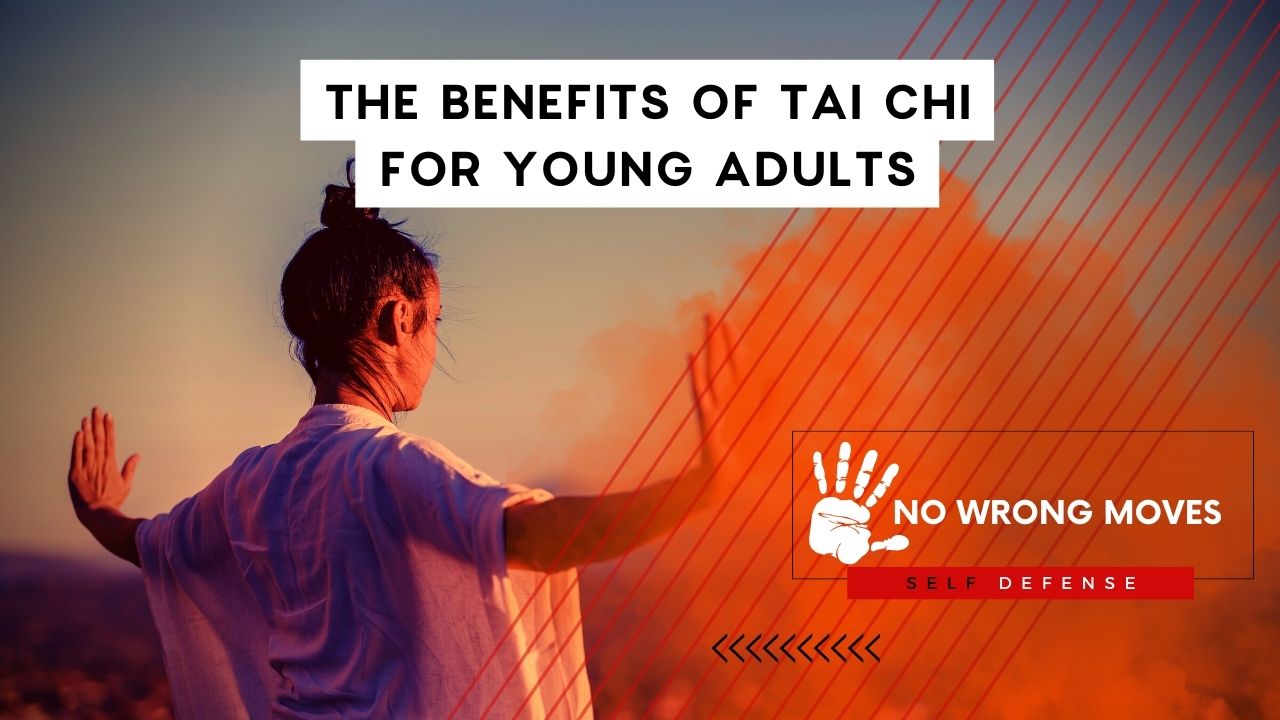
Tai chi is a form of martial arts that has become increasingly popular around the world. Its appeal will initially lie in the beauty and grace of its movements, and to the unaccustomed eye, the benefits of tai chi for young adults might stop there.
Unlike other forms of martial arts that require intense physical exertion, tai chi is low-impact and can be practiced by anyone of any age, without posing any major danger.
Tai chi will do far more than just make you look good though. It has numerous health advantages that make it an excellent form of exercise--even for young adults! In this article, we'll look into the benefits of tai chi for young adults, and more!
The Physical Benefits of Tai Chi For Young Adults

Improved balance is one of the physical benefits of tai chi for young adults. Tai chi helps young adults improve their balance by strengthening the muscles and improving their coordination.
This is crucial for young adults who are physically active and may be more prone to injuries caused by falls.
Another physical benefit of tai chi for young adults is improved flexibility. Tai chi involves gentle, flowing movements that help to stretch and loosen the muscles, making them more flexible.
This can help young adults avoid muscle strains and injuries, on top of helping them perform better in other physical activities.
Young adults who practice tai chi can also enjoy better cardiovascular health.
Tai chi involves slow and controlled movements that require deep breathing, which can help increase lung capacity and improve blood flow. Improved cardiovascular health can have a positive impact on overall health and wellbeing.
The Mental Health Benefits of Tai Chi
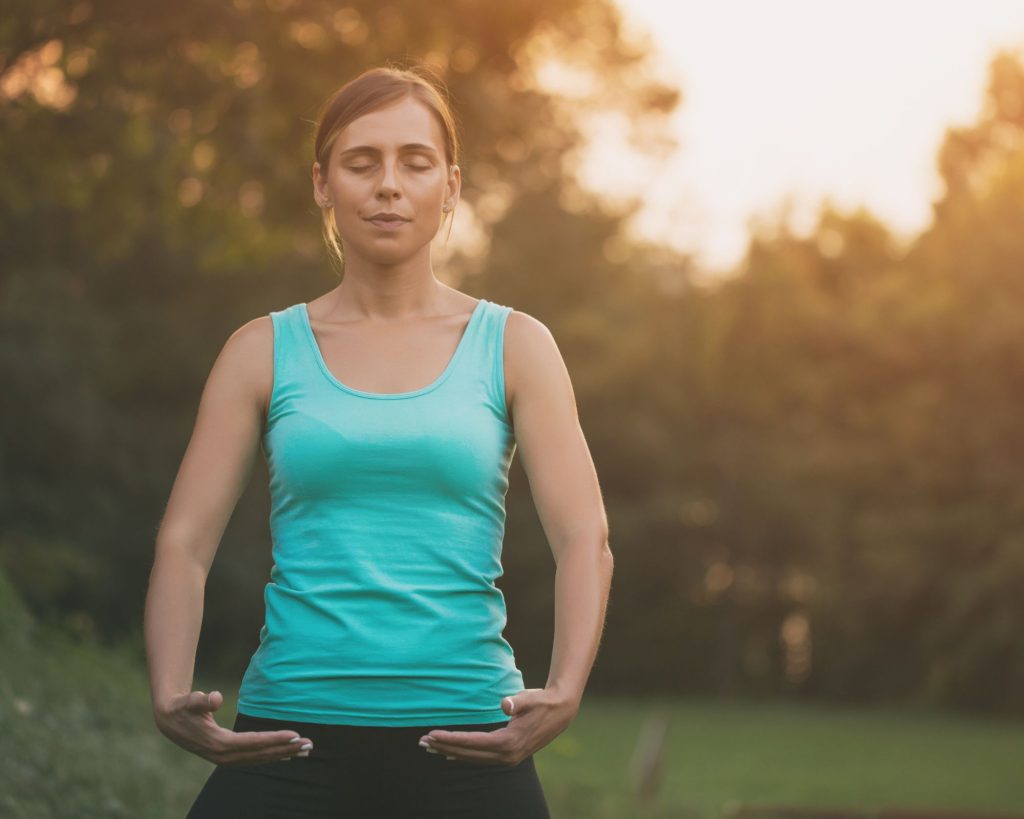
In addition to the physical benefits, tai chi also offers several mental benefits for young adults. One of these is stress relief. Tai chi involves deep breathing and meditation, which can help young adults relax and reduce stress levels.
This is especially important for young adults who may be dealing with the pressures of school, work, or personal relationships.
Another mental benefit of tai chi for young adults is improved focus and concentration. Tai chi requires participants to stay focused and present in the moment, which can help improve their ability to concentrate and focus on other tasks.
This can be particularly helpful for young adults who are studying or working on projects that require a high level of focus and attention.
Finally, tai chi can also help young adults improve their mood and mental wellbeing. The gentle movements and deep breathing exercises can help reduce anxiety and depression, and the meditative aspect of tai chi can promote a sense of calm and relaxation.
Postural Benefits
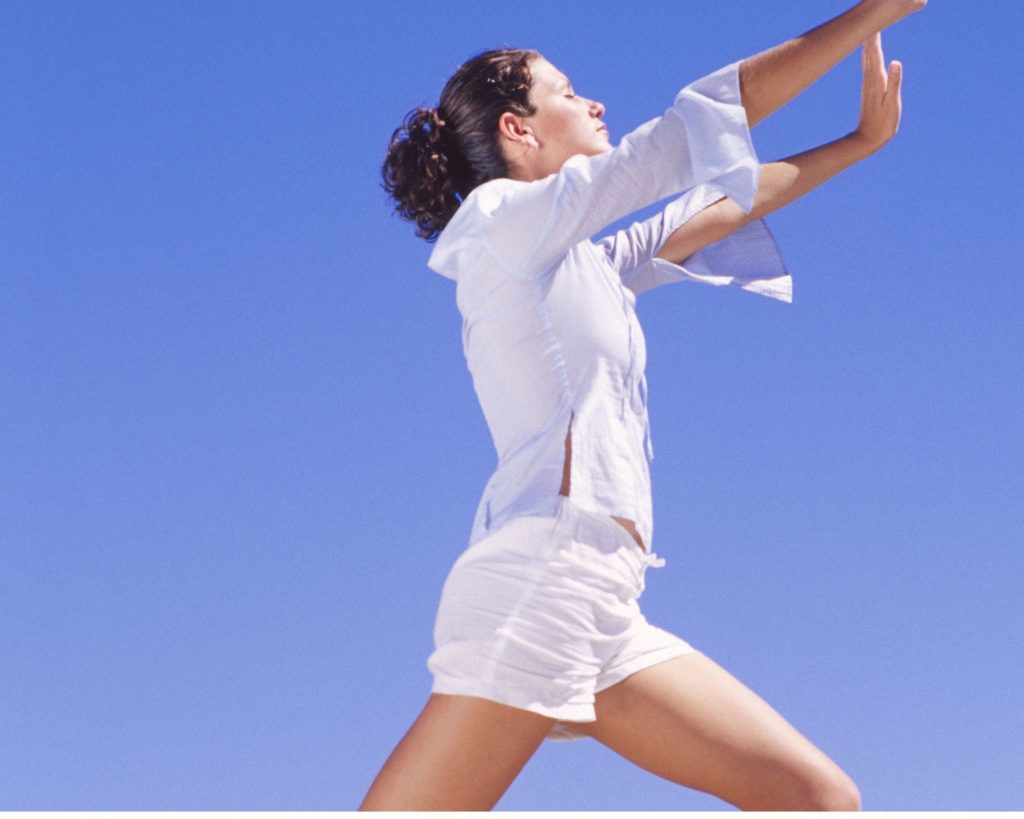
One of the most important benefits of tai chi practice is the improvement it creates in posture. Poor posture can result from a combination of negative emotional states and a lack of self-awareness.
Negative emotions such as sadness, indifference, withdrawal, fear, and defensiveness can lead to stooped and weighed down postures that prevent a person from experiencing a harmonious and balanced emotional state. Tai chi helps to combat this issue by improving self-awareness.
Tai chi can be a great complement to other forms of exercise, such as strength training or cardio workouts. The gentle, low-impact movements of tai chi can help to reduce the risk of injury and promote recovery, while also providing unique health benefits.
To further illustrate this point, among the very first positions you'll learn in tai chi, wu chi stance, initiates the process of postural awareness.
Beginning at the soles of the feet, the practitioner checks whether all the points of the feet are touching the ground. Moving upward, they check whether one leg has more weight than the other or if there is any subtle strain at the hips from leaning in any direction.
At the shoulders, they then sense whether there is tightness and observes if the scapulae are rounded so that the chest caves in.
Reaching the head, they check the position of the chin and the base of the skull, making sure the chin is slightly tucked, allowing for a feeling of openness at the base of the skull.
Finally, one aligns the angle of the crown until feeling a subtle upward energy pull, focusing on maintaining proper alignment.
Tai Chi as a Form of Meditation
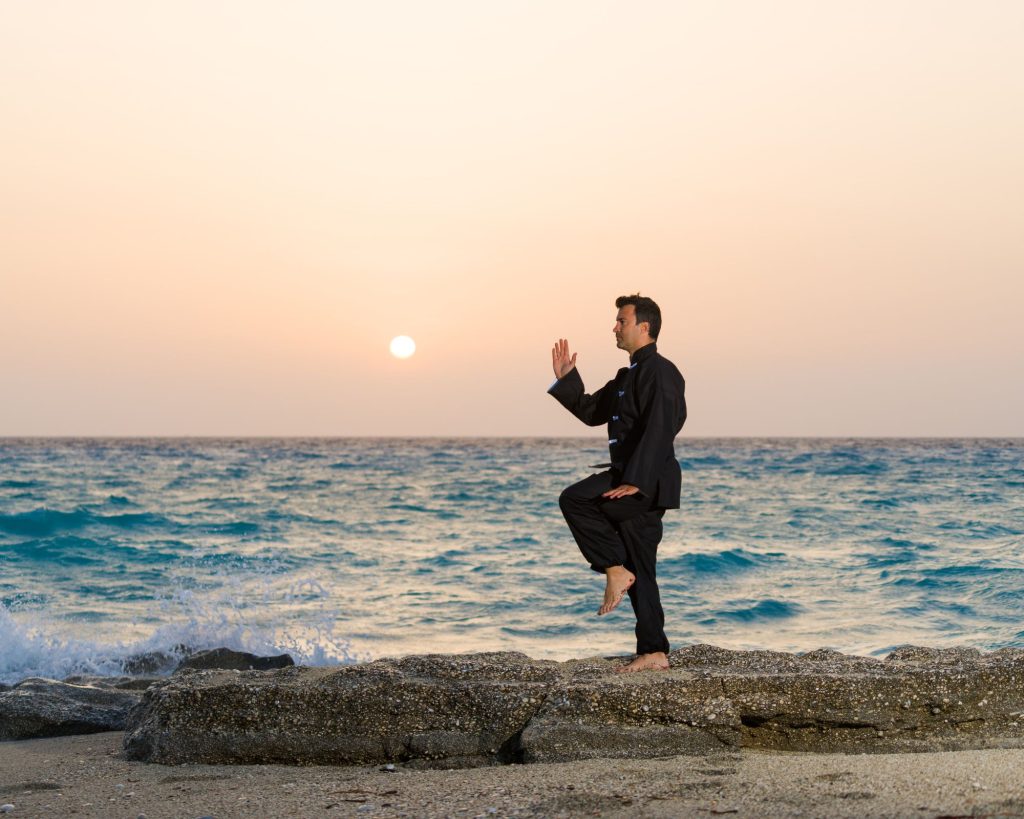
Tai chi is often described as a moving meditation. The combination of slow, flowing movements with deep breathing promotes a state of mindfulness that can be difficult to achieve through traditional seated meditation.
As it focuses on the movements and the breath, practitioners can cultivate a sense of calm and inner peace, which can carry over into daily life.
In fact, a study published in the Journal of Alternative and Complementary Medicine found that practicing tai chi can reduce symptoms of depression and anxiety in young adults.
The study showed that after 12 weeks of practicing tai Chi, participants reported lower levels of depression, anxiety, and stress. The mindfulness aspect of tai chi was found to be particularly effective in reducing symptoms of depression.
Another study published in the Journal of Psychiatric Research found that tai chi can be effective in reducing symptoms of post-traumatic stress disorder (PTSD) in young adults.
The study showed that after eight weeks of practicing tai chi, participants reported significant reductions in symptoms of PTSD, such as anxiety, hyperarousal, and avoidance.
Conclusion
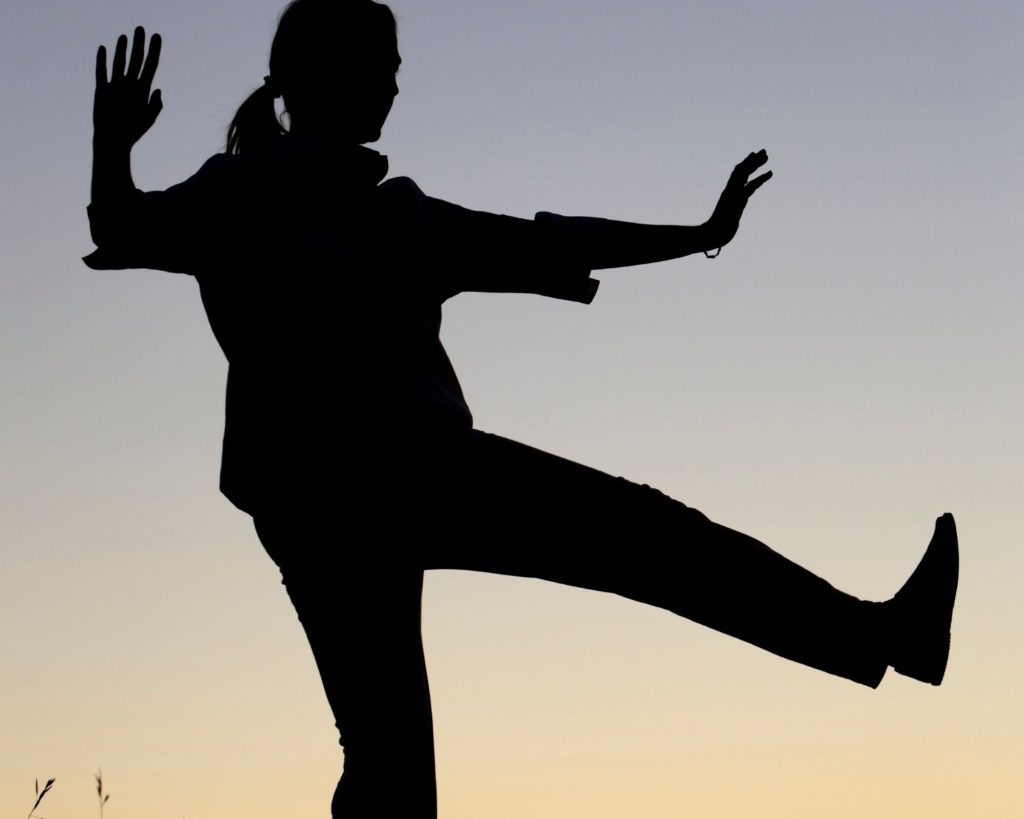
Tai chi is more than just a form of exercise or meditation. It's a holistic approach to health and wellness.
By combining movement, mindfulness, and a focus on the breath, tai chi can promote physical, mental, and emotional well-being, providing a comprehensive approach to self-care.
So overall, tai chi is an excellent form of exercise that offers numerous health benefits for young adults. It promotes proper postural alignment, cultivates a heightened state of self-awareness, supports holistic wellness, relieves stress, and is gentle on the joints.
With consistent practice, tai chi can help young adults achieve optimal physical and mental health.
[author-box-jpx-fitness]
